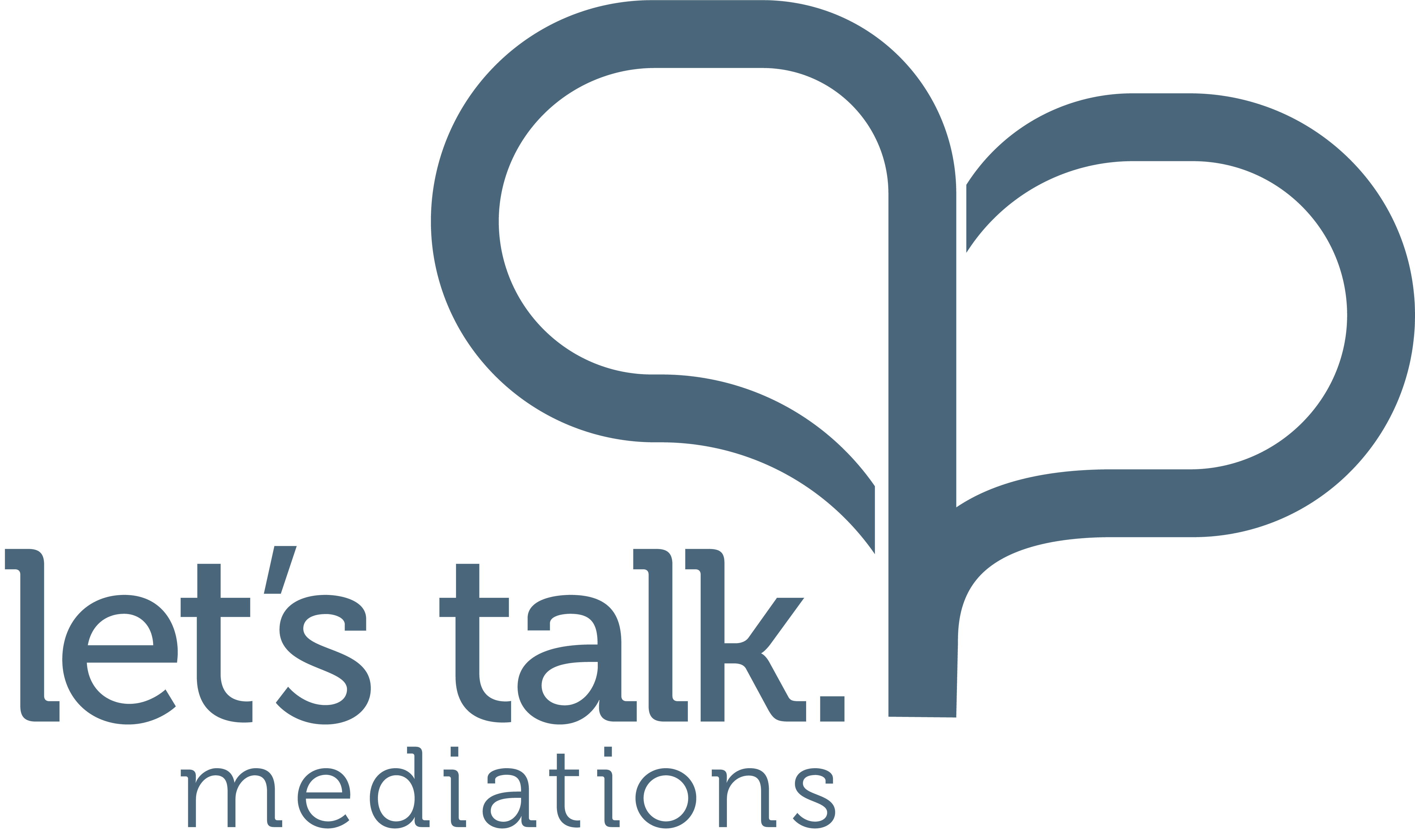Litigation is a cumbersome, expensive, and potentially destructive process. For this reason, it is a mandatory requirement that parties to a parenting dispute attempt Family Dispute Resolution prior to commencing proceedings in the Court and obtain a certificate known as a “section 60I certificate” from a Registered Family Dispute Resolution Practitioner confirming that an attempt at Family Dispute Resolution was made by the parties. Failure to comply with this requirement without good reason puts that party at risk of costs being ordered against them.
The Family Dispute Resolution process supports separating parents to reach mediated parenting agreements out of court and to make decisions that are in the best interests of the children. Family Dispute Resolution is not only for parents, but for all the adults involved in such a dispute, which may include grandparents. Provided it is appropriate, the Family Dispute Resolution may also include the subject children.
A section 60I Certificate will say one of the following:
- That one party failed or refused to attend FDR.
- That both parties attended FDR and made a genuine attempt to resolve the dispute.
- That both parties attended but one or both did not make a genuine effort to resolve the dispute.
- That the FDRP decided that the case was not appropriate for FDR, either prior to conducting FDR or during FDR.
When is a party not required to attend Family Dispute Resolution?
A party is not required to attend Family Dispute Resolution if:
- Only interim or procedural orders are sought.
- If only financial orders or property settlement orders are sought.
- Where Hague Abduction Convention Orders are sought.
- Where consent orders are being applied for.
- Where it is an amended application relation to a child subject of a current application.
- Where the matter is urgent.
- Where a party is not able to participate effectively due to distance or incapacity.
- Where a person is alleged to have contravened family law orders and so shown a serious disregard for a court order made in the last 12 months.
- If there has been family violence or child abuse.
- If there is a risk of family violence or child abuse.
The Process of Family Dispute Resolution
Family Dispute Resolution Practitioners are independent and can facilitate discussion in a neutral space, help manage emotions, and assist the parties to reach an agreement.
The Family Dispute Resolution Practitioner will start by conducting an assessment with each party to determine whether the dispute is appropriate for Family Dispute Resolution. In determining the suitability for Family Dispute Resolution, the practitioner will consider:
- Any history of Domestic Violence.
- The likely safety of the parties.
- The equality of bargaining power among the parties.
- The risk that a child may suffer abuse.
- The emotional, psychological, and physical health of the parties.
- Any other matter considered relevant.
If the matter is appropriate for Family Dispute Resolution, the mediator typically meets with each parent individually and then, later, meets with both parents in a joint session. During these sessions, the practitioner cannot give legal advice.
If the parties can come to an agreement on some or all the issues in dispute, their agreement can be documented in an informal parenting plan, or a formal consent order.
Confidentiality and inadmissibility of Family Dispute Resolution
Family Dispute Resolution is confidential, and information exchanged between the parties and the practitioner cannot be disclosed. However, the practitioner may disclose information to relevant authorities in the following circumstances:
- To protect a child or other person from harm.
- To prevent an imminent threat to property.
- To report an offence or likely offence.
- To liaise with an Independent Children’s Practitioner.
Evidence of anything said during the Family Dispute Resolution is not admissible in any Court, unless it is evidence which indicates that a child has been abused or is at risk of being abused.
To speak to one of our Family Law Solicitors to find out if Mediation or Collaborative Practice is right for you and your situation, contact Let’s Talk Mediations on 0482 840 267.




